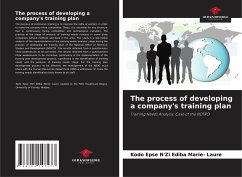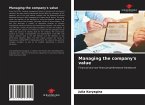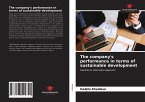The purpose of continuous training is to improve the skills of workers in order to make the company more competitive. Today, it is essential for any structure that is continuously facing competition and technological evolution. The practice of the stage of analysis of training needs remains in some state companies without methods and tools in this area. This study is a descriptive analysis of the implementation of the training needs analysis stage during the process of developing the training plan of the National Office of Technical Studies and Development (NOSTD). The results obtained from a questionnaire show weaknesses to be corrected. The results obtained from a questionnaire show weaknesses to be corrected, particularly in the implementation of the training plan development process, specifically in the identification of training needs and the analysis of training needs stage. For the training plan development process to be effective, the management of the NADO must share with the Human Resources Department (HRD) a willingness to make the training needs identification tools known to all staff.
Bitte wählen Sie Ihr Anliegen aus.
Rechnungen
Retourenschein anfordern
Bestellstatus
Storno








